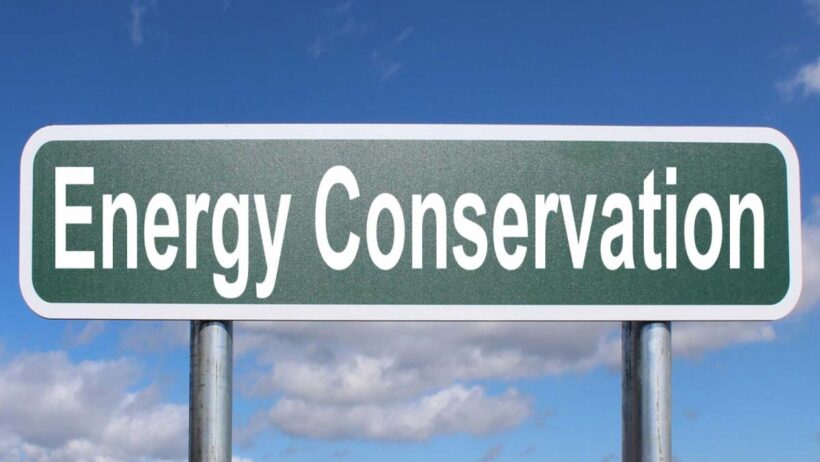Energy conservation refers to the thoughtful and judicious use of energy resources, aimed at reducing overall consumption without sacrificing comfort or productivity. It encompasses a spectrum of practices and behaviors that can be adopted by individuals, households, corporations, and governments to diminish energy use. The essence of energy conservation lies in recognizing that resources are finite and that making small adjustments in our daily routines can yield significant long-term benefits. It is essential to understand not only what energy conservation involves but also why it is crucial for the sustainability of our planet.
The importance of conserving energy cannot be overstated. First and foremost, energy conservation mitigates the repercussions of climate change. Fossil fuels, encompassing coal, natural gas, and oil, represent a significant portion of the energy consumed worldwide. Their combustion releases carbon dioxide and other greenhouse gases into the atmosphere, contributing to global warming. By conserving energy, we directly decrease the demand for these energy sources, thus curtailing harmful emissions. This proactive approach can slow down the catastrophic impacts of climate change, preserving ecosystems and human livelihoods.
Moreover, conserving energy fosters economic sustainability. Energy expenses represent a substantial portion of household and business budgets. By implementing energy-saving strategies, individuals can lower their utility bills, creating financial relief. Businesses benefit similarly: reduced energy consumption can lead to decreased operational costs and increased profitability. Furthermore, the cumulative effect of widespread energy conservation can lead to less strain on national and global energy infrastructures, potentially staving off the necessity to invest in costly new energy generation facilities.
Energy conservation also plays an integral role in ensuring energy security. Many countries are heavily reliant on imported fossil fuels, making them vulnerable to price volatility and supply disruptions. By conserving energy and transitioning towards renewable energy resources, nations can cultivate self-sufficiency, ultimately enhancing their strategic resilience. The less energy we consume, the fewer imports we need, leading to more stable energy prices and fortified national security.
One may wonder about the mechanisms through which individuals and institutions can contribute to energy conservation. It invariably begins at the grassroots level. Simple measures such as turning off lights when leaving a room, employing energy-efficient appliances, and utilizing smart thermostats can make a considerable impact. The integration of renewable energy sources, such as solar panels, not only aids in energy conservation but sets a precedent for others to follow. Public awareness campaigns can further elevate these practices, fostering a culture of sustainability that encourages collective responsibility for our environment.
The role of technology in energy conservation is indispensable. Innovations in energy-efficient technologies are pivotal in transforming how we consume energy. For instance, LED lighting consumes significantly less energy than incandescent bulbs, providing the same illumination with a fraction of the electricity. Likewise, advancements in building materials and design, including better insulation and energy-efficient windows, can drastically minimize heating and cooling demands. Embracing smart home technologies allows for autonomous monitoring and optimization of energy use, paving the way for a new era of conservation efforts.
It’s crucial to acknowledge the interconnected nature of energy conservation with social equity and community well-being. In many regions, access to affordable energy remains a pressing issue. Energy conservation initiatives that improve efficiency can lead to more accessible energy for underserved communities. Creating financial assistance programs for energy-efficient upgrades can empower lower-income households, promoting equity while achieving energy policy goals. Ensuring that all communities share the benefits of energy conservation efforts is essential for creating a more just and prosperous future.
The impact of energy conservation extends beyond mere economic and environmental dimensions. It invites a shift in perspective toward a more sustainable lifestyle. As individuals become more aware of their energy consumption patterns, they may discover a heightened sense of responsibility to our planet and its inhabitants. Such awareness can motivate individuals to adopt other environmentally friendly practices, such as reducing waste, prioritizing local products, and advocating for sustainable policies at the institutional level.
As we consider the future, it becomes increasingly evident that energy conservation will be an indispensable component of our collective response to the challenges posed by climate change, resource depletion, and socioeconomic disparity. With the global population projected to reach nearly ten billion by 2050, the demand for energy will continue to escalate. Thus, the necessity for energy conservation practices will only become more pronounced. Investing in education and awareness surrounding these strategies can spark curiosity and promote a culture of sustainability that transcends generations.
Shifting toward a more energy-conscious society is not merely a choice; it is an imperative necessary for our survival. By understanding what conserving energy means and recognizing its profound significance for our future, we can forge a path toward a more equitable, sustainable, and resilient world. The time to act is now, as each small step collectively leads us to a more sustainable state of being. The promise of energy conservation lies not only in its immediate benefits but also in the visionary future it allows us to construct— one where our relationship with the environment is harmonious, sustainable, and respectful.








